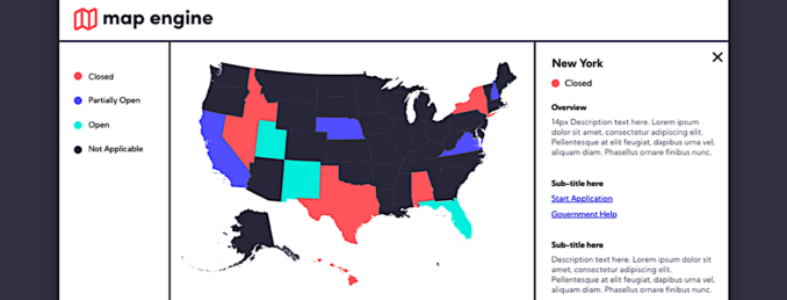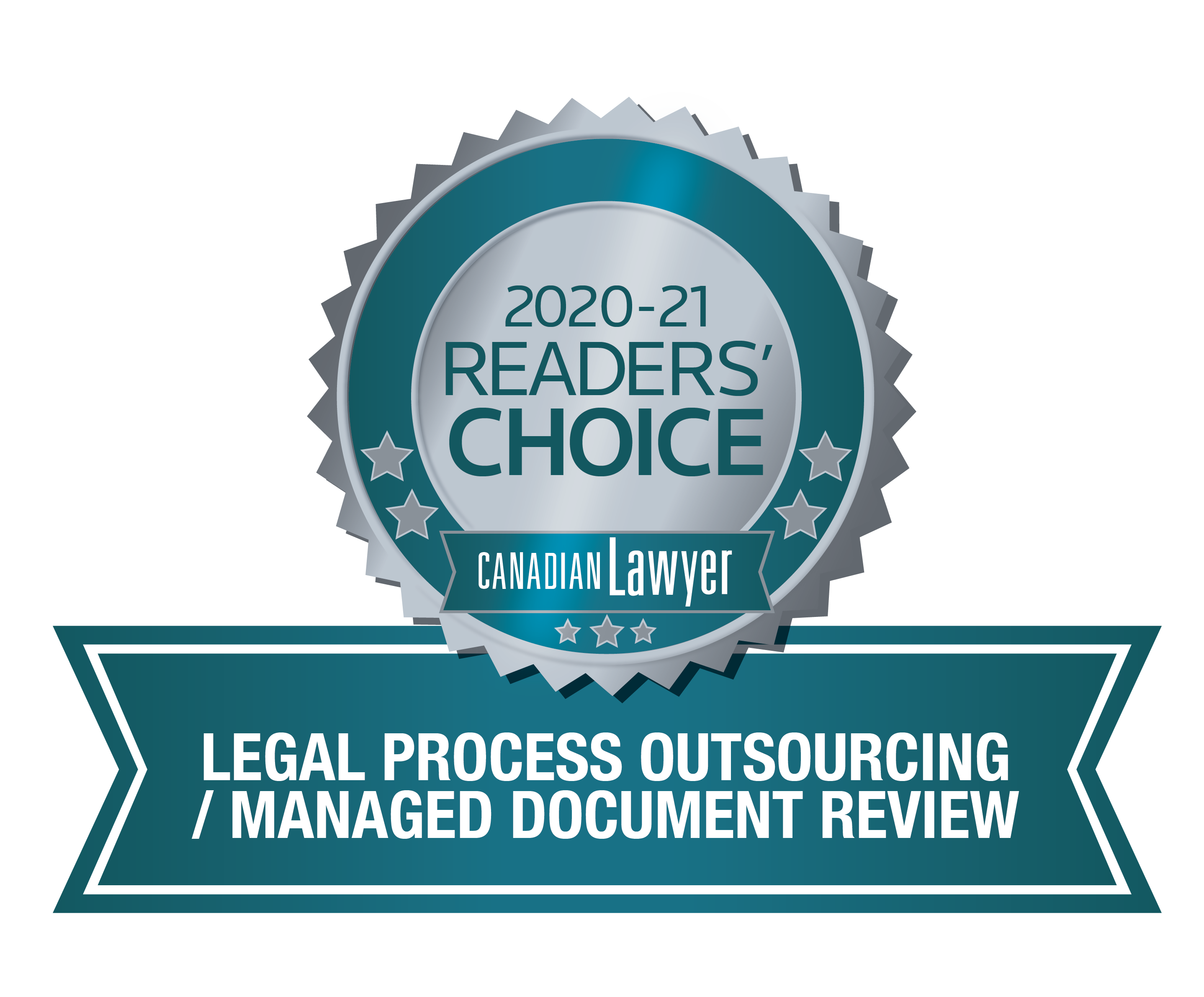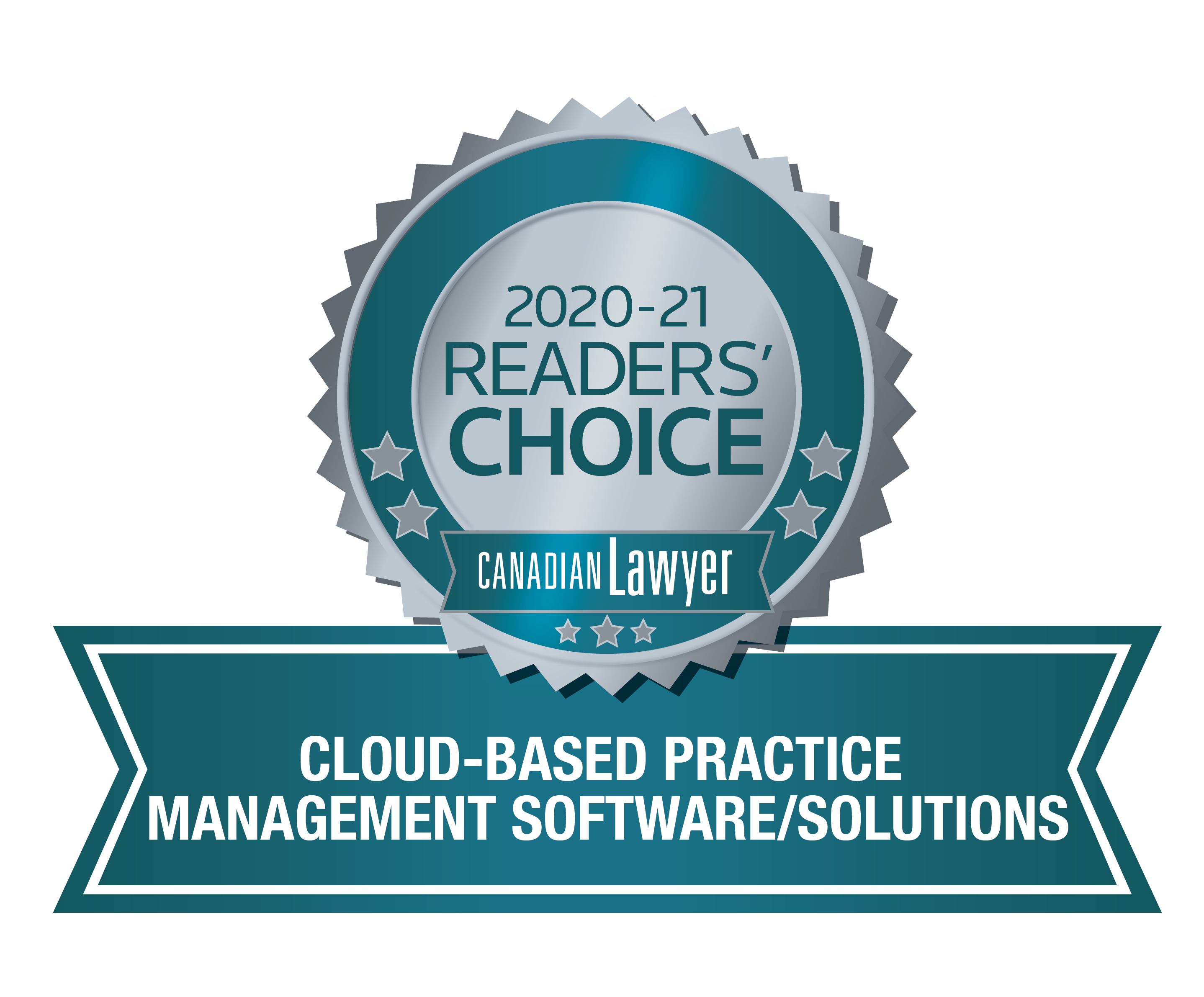Five great industry news stories from this week you may have missed.
.png?width=787&name=Friday%20Top%20Five%20(1).png)
Key Questions Answered for Data Privacy in a Pandemic
The field of data privacy is changing quickly. Through a turbulent 2020 — including numerous challenges in concurrently adjusting to remote work, addressing data protection risks resulting from COVID-19 and operationalizing new laws — privacy professionals have had to cover a lot of ground. In this landscape, legal, compliance, privacy and IT professionals around the world are faced with a myriad of questions about the future of their roles, regulatory obligations, technological advancements and which impending issues they should be prioritizing. A recent CPO Magazine article offers guidance for privacy departments working to align their budgets, staffing and programs with accelerating data protection legislation around the world. Find out the most critical privacy issues that came as a result of COVID-19, how data privacy priorities will likely shift in the year ahead and more, here.
Zoom Court Is Changing How Justice Is Served
Last spring, as COVID‑19 infections surged for the first time, many American courts curtailed their operations. As case backlogs swelled, courts moved online, at a speed that has amazed — and sometimes alarmed — judges, prosecutors and defense lawyers. In the past year, U.S. courts have conducted millions of hearings, depositions, arraignments, settlement conferences and even trials — nearly entirely in civil cases or for minor criminal offenses — over Zoom and other meeting platforms. As of late February, Texas, the state that’s moved online most aggressively, had held 1.1 million remote proceedings. Read The Atlantic's new article to learn what "virtual justice" could mean for the future of law.
3 Best Practices for Tackling Tech Trends in the Legal Field
Businesses need to continually adapt and evolve to stay relevant. Those operating in the legal sector are no exception. And, it can be a painful lesson to learn. For example, courts, firms and practitioners that “missed the boat” on recent innovations found themselves needing to jump through hoops to keep up with the shifts caused by the pandemic. A new article by Legal Reader explains, "Law firms cannot be idle and ignore technology; they must find ways to use tech that matters and be aware of tech that could be relevant." Click here to learn the three best practices to follow in order to keep up with tech trends in the legal field.
Cost of Doing Nothing: Calculating the Consequences of Incomplete Surveillance
Misconduct is like a cancer for financial firms, and just as when an individual faces a medical diagnosis, organizations want to identify these problems as early as possible to ensure the best course of action and recovery. Rules and regulations inform compliance strategy and implementation, leading teams to use surveillance tools in both a reactive and proactive way. Read Relativity's new blog to learn why considering financial penalties, additional fall out and the big picture are essential when evaluating your surveillance program.
Map Engine Visually Charts the Legal World
A new product, Map Engine, created by Ryan McClead’s Sente Advisors and Nicole Bradick’s Theory and Principle, allows lawyers to quickly visualize multi-jurisdictional data across the U.S. As the two legal tech consultancies explained, "Map Engine is a tool that allows users to easily upload a spreadsheet containing jurisdictional data and instantly generate a beautiful interactive map visualization. The user is provided both a link to a unique URL to share the map and a code snippet to embed the map in their websites, blog posts or client portals. Maps can be secured with a passcode or made available publicly." View Artificial Lawyer's new article to learn how it works and to see a demonstration of Map Engine in action.


















